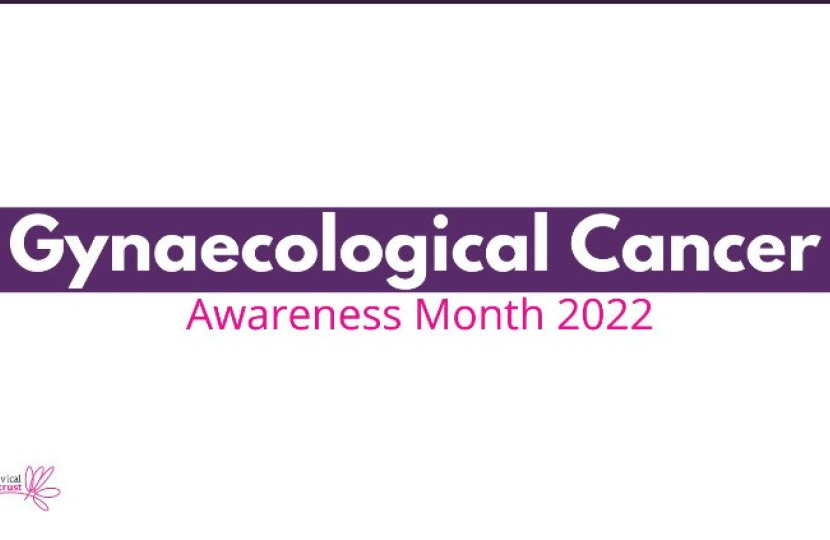
September was Gynaecological Cancer Awareness Month.
There are five gynaecological cancers; cervical, ovarian, vaginal, vulval and womb.
Each year, around 1,200 people are diagnosed with gynaecological cancer here in Wales. The incidence rate for gynaecological cancer is significantly higher in Wales, with 72 cases per 100,000 women, compared to the UK average of 68 cases. Sadly, the mortality rate is also significantly higher here, with 26 deaths per 100,000, compared to 24 in the UK - some 470 deaths in Wales each year.
One-year and five-year survival rates for cancer of the uterus have dropped significantly over the last decade.
Additionally, the lowest single cancer pathway performance by tumour site is gynaecological, with just over a third – 34% - being treated within 62 days under the Single Cancer Pathway.
This has coincided with fewer women being checked regularly for gynaecological cancers. Since COVID-19, pauses in cervical screening have had a detrimental effect on the detection of cancers, with the lowest number of women attending screening appointments in over a decade.
Pre-pandemic, cervical screening coverage was 73.2% across Wales for women aged 25-64, meaning 1-in-4 hadn’t been tested. Five-year coverage for this age range in 2018/19 were at their lowest in 10 years at 75.7%.
In October 2021, Public Health Wales found that coverage for Wales fell to 69.5%, below the minimum service standard for coverage of 70%.
Cervical screening (smear test) is the best protection against cervical cancer, however, Jo’s Cervical Cancer Trust have revealed that a staggering 80% of women who work full time are unable to get a convenient appointment, 1 in 5 have used their annual leave for a cervical screening appointment, and 15% have delayed a cervical screening because they felt unable to take time off work.
They are therefore calling on employers to play their part by signing up to their ‘Time to Test’ campaign, which means committing to giving employees the time they need to attend these appointments, as well as raising the profile of cervical screening and cervical cancer in the workplace.
If women are to have any chance of surviving gynaecological cancer, we need to ensure screenings and treatments are easily accessible.
Last week in the Welsh Parliament, Welsh Conservatives called on the Welsh Government to urgently conduct a review into gynaecological cancer waiting times and to ensure that workforce plans for cancer specialists have a focus on gynaecological health.
We also called on the Welsh Government to immediately introduce its Cancer Action Plan.
Wales is the only part of the UK without one. Other governments across the UK have published or consulted on cancer strategies which are far more comprehensive and targeted than the Labour Government in Cardiff Bay’s Cancer Quality Statement.
England’s Long-Term Plan was published in 2018 and Scotland’s Cancer Strategy was launched in 2016, both added to with a Cancer Workforce Plan in the former and a Cancer Strategy for Children and Young People in the latter. Northern Ireland consulted on in its proposal in November 2021.
An ambitious and fully funded Cancer Action Plan is needed to ensure the NHS in Wales is world-class and fit for the future. Without this, cancer survival could go backwards.
Patients in Wales deserve better and urgent action is needed to improve cancer services now.
For information on all five gynaecological cancers, including symptoms, or to sign up for Jo’s Cervical Cancer Trust’s ‘Time to Test’ campaign, visit their website: https://www.jostrust.org.uk/
